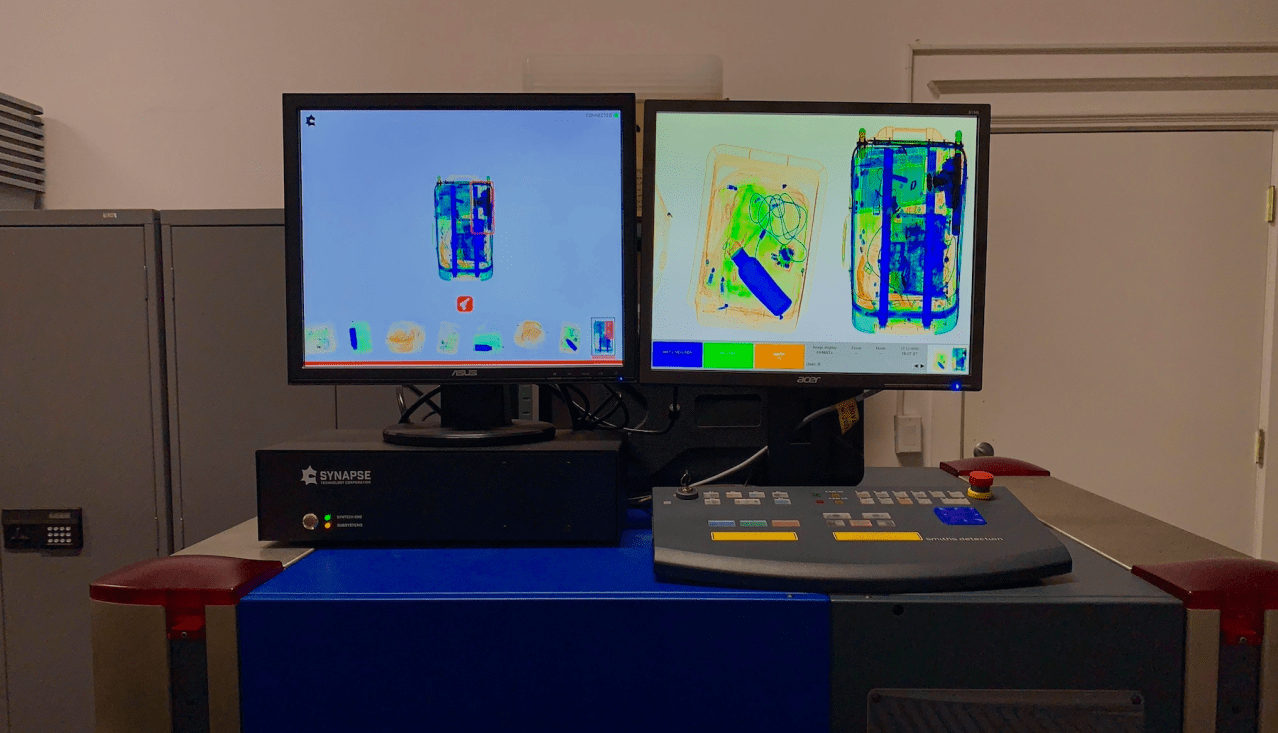The modern world faces an intricate challenge: balancing the need for security with the rapid advancements in technology. One area where this balance is critically important is in airport security, where the stakes are incredibly high. As we rely more on digital solutions, it’s easy to overlook the limitations of traditional measures, especially in the realm of X-ray screening for weapons detection. Enter Synapse Technology, a startup poised to revolutionize the industry with its innovative approach to enhancing X-ray machines through artificial intelligence.
The Challenge of Weapon Detection in Airports
Despite the impressive capabilities of computer vision technology over the past few years, many airports still depend heavily on human expertise for detecting prohibited items in luggage. It’s a labor-intensive process that not only strains personnel but also raises the possibility of human error. As Synapse’s president, Ian Cinnamon, noted, “X-ray machines are relying on human beings, which are just fundamentally limited.” This highlights a critical gap that Synapse aims to bridge by integrating advanced technology into the existing infrastructure.
New Funding, New Opportunities
Recently, Synapse announced a successful seed round, raising $6 million with the backing of prominent investors such as Founders Fund and Neo. This funding come at an opportune time, as the startup gears up to install its neural network-powered system in more locations across the world. Synapse is already running a pilot program at Narita Airport in Tokyo, where their AI technology has significantly increased the detection of prohibited items by 14%. This is just the beginning of their ambitious roadmap.
How Synapse Technology Works
At the core of Synapse’s innovation is a hardware add-on that complements existing X-ray machines without voiding their initial warranty. This means that airports can upgrade their systems without incurring substantial costs. The technology acts as a secondary check, employing neural networks to analyze scanned images and identify high-profile threats such as firearms and sharp objects. Additionally, it offers the capability to detect obscured items, improving the efficiency of the screening process.
- Enhanced Accuracy: The AI assistant increases detection rates, allowing staff to focus on security threats rather than mundane tasks.
- Broader Scope: Currently testing capabilities to detect 3D-printed weapons, showcasing adaptability to emerging threats.
- Ease for Travelers: Potentially enables passengers to leave laptops in bags, streamlining the security process.
The Future of Security Screening
As Synapse Technology continues to expand, it seeks not only to enhance security but also to improve the overall experience for security personnel and passengers alike. By alleviating some of the burdens faced by TSA agents, Synapse allows them to hone in on real threats with greater accuracy and less distraction. Ultimately, this collaboration between human expertise and machine intelligence promises a more efficient and less stressful airport experience for everyone.
Conclusion
The integration of AI into airport security systems could mark a turning point in how we handle safety at sensitive locations. As Synapse Technology leads the way, the potential for innovation extends beyond mere reliability; it invites us to rethink how we can harness technology to bolster human efforts in critical sectors. With their recent funding, this startup is not only on the forefront of weapon detection technology but is also paving the way for a safer, more effortless travel experience. At fxis.ai, we believe that such advancements are crucial for the future of AI, as they enable more comprehensive and effective solutions. Our team is continually exploring new methodologies to push the envelope in artificial intelligence, ensuring that our clients benefit from the latest technological innovations. For more insights, updates, or to collaborate on AI development projects, stay connected with fxis.ai.

